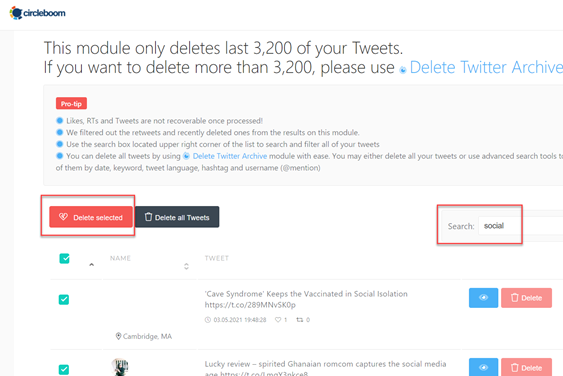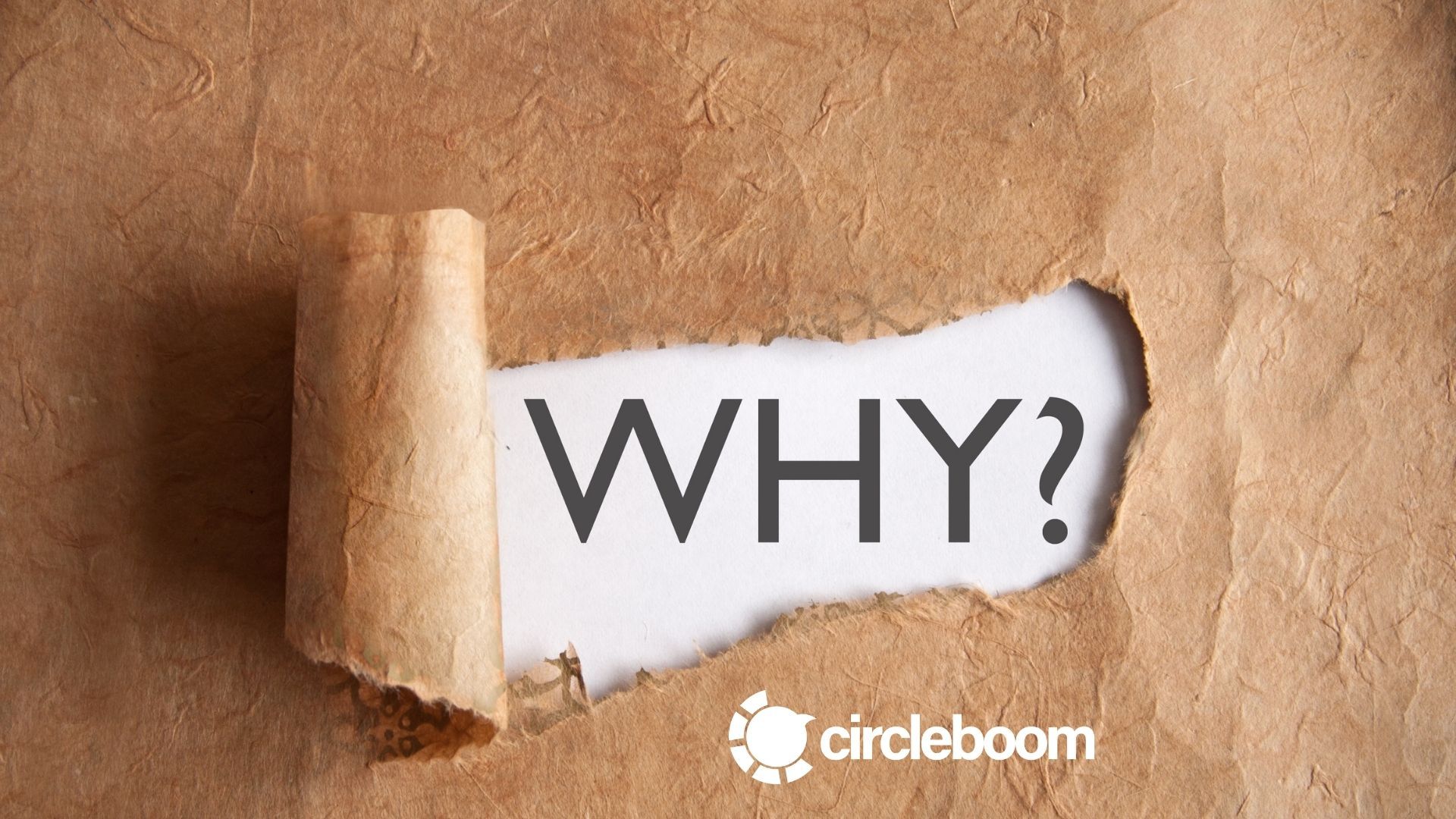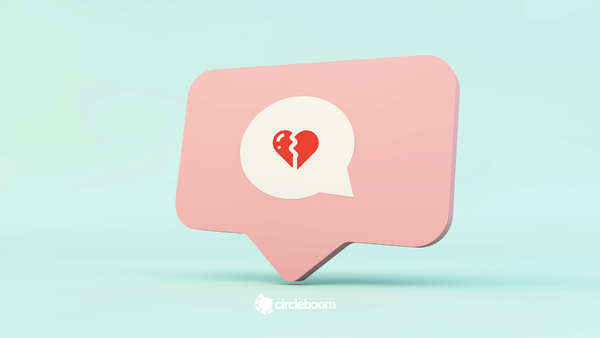Are you tired of seeing hate comments on your social media? Are you trying to keep it cool yet feel insecure about how to respond to hate comments?
We know what you mean, and it is totally understandable to feel frustrated when dealing with hate comments. But never doubt that someone in each possible scenarios you would live will, somebody will have something to say, judge or project their biases, complexes and insecurities at you.
Are hater comments grinding you down as well?

The Internet has completely changed how we communicate with one another, and there is no way to undo it. We can pass judgment and comment on people we don’t know, or even we will not have a chance to see in person. Or, maybe we averse to meeting face to face.
But in current online settings, it is not an obstacle to look through their profiles and judge around. Let’s take a deep breath, take a step back, and garner some perspective on online haters.
We will talk about how to deal with hate comments a bit now; let’s look at what is a hate comment and why the online world is full of them in the first place.

Who is a hater?
People who use negative and critical statements and actions to pull down another individual by making them feel awful are referred to as “haters.” These nasty and derogatory remarks can be made in person, online, or through messaging and social media apps.
Whether you are a business running your own social media strategy or an esteemed person as an “influencer,” you will encounter hate comments on Instagram, Youtube, Twitter, or whatever medium you use – even sometimes, fully dedicated emails!
So, why we hate “hate comments”?
First of all, hate comments can harm your online reputation. Allowing even a single unfavorable post to go unanswered could result in a social media catastrophe that tarnishes your brand’s image.
We are more likely to recall harsh criticism than praise, according to academic studies. According to Baumeister, even cheerful people remember bad experiences more than favorable ones.
It is safe to say that everyone wants to be liked. And it is part of being human to be on our guard when we’re threatened or faced with criticism.
Why people leave hate comments, though?
Particularly against brands, people can go mad online in case of a bad service/product experience.
Many negative social media remarks are the result of poor customer service. Negative feedback can be caused by various factors, including delayed delivery, a lack of assistance, a prolonged and imprecise customer support process, or dissatisfaction with the quality of items and services.

If your customers are pleased with a product or service, they may recommend it to others. On the other hand, if the buyers are dissatisfied with their purchase, they will undoubtedly spread a word or two to warn others about the brand.
The trick here will be to sustain your quality whether you are a business or a person collaborating with a business.
But let’s be honest here, no matter what you do, some people will dislike it due to their malicious intentions, jealousy or distinct tastes and preferences.
Responding to hate comments and putting extra effort to receive positive feedback and comments matter for the brand image of corporates and persons.

How to respond to hate comments?
Accepting we are human.
Go bold and accept your mistakes, whether it’s a major blunder or a minor blunder such as a spelling error. Explain why you did it, share it or said it. Apologize in advance to the critics who did not appreciate your work when it is necessary.
Do not attempt to persuade them to agree with you. Instead, show grace, decency, and humility in your response, maybe humor if it is appropriate.

Do not ignore their presence.
Even if you don’t exactly know what to reply to your hate comments or critics (yet), don’t keep them waiting indefinitely. The Internet never misses, and screenshots can be taken nearly instantly, so if you do not respond swiftly, you may find yourself in deep water.
Don’t you have an immediate response? Kindly write a reply stating that you are trying to fix the problem and take care of it from there.

Do not give more content for trolling.
If the hater in question is not looking for answers but producing hate comments based on pure hatred, then, even if you announce a scientific explanation, they will not hear it.
So, do not drown in creating explanations in an impulsive way or out of anger.
Go for a clear-cut solution such as a short apology, an FYI announcement or a humorous way to deal with hate comments.
Look at the below example, h3h3 productions Youtube channel shows us a rather cheerful way to deal with hate comments on Youtube. Reading them out loud with his mom!

Another humorous yet clever negative comment response comes from the clothing brand Allen Solly for their typo in a huge billboard (they wrote Comming Soon rather than Coming Soon)


Apply 5 WHY methods to solve problems
By merely asking “Why?” is the method itself, and it is quite common to reach the heart of any problem. Each response is followed by a “Why?” question.
The Five Why method can assist in the elimination of minor difficulties that might build over time. “Why?” may look like a random question, yet the answer takes careful consideration.
Look for solutions based on facts: they must be explanations of events that occurred, not hypotheses about what may have happened.
Take a look at the following example:

In case you have done everything you could, maybe it is time to delete…
Let’s take Twitter as an example. It can be quite a negative space due to its role as a political agenda-setter, and things can get out of control through trending hashtags.
We see those fails for celebs all time while binge-reading all threats of hate comments on Twitter.
But what if something similar happens to us?
Since a topic can easily get heated on Twitter with dozens of replies, retweets and tweets, things can get out of control.
If you are assured that there is no other solution than deleting hate comments on Twitter (if it is critical for political reasons, for disadvantaged or vulnerable communities, for instance), you can use the bulk tweet delete feature with the Circleboom Twitter tool.
Or, you are feeling embarrassed or regretful, responding to all hate comments impulsively and having second thoughts about having them on your profile. Maybe deleting your replies can be the best in a scenario like that.
Here you can delete tweets, retweets and delete your favs by filtering them by keywords, language or sorting them out by dates.

If you have a specific term that is bugging you, then you can search all tweets, retweets and replies on your profile and delete them as bulk.
You can delete tweets by selecting them and clicking the “Delete Selected Tweets” button in red. Since Twitter does not provide a bulk Tweet deleting function, Circleboom Twitter comes in handy.
And if you are into deep cleaning of tweets and reach older tweets (this page will show only the last 3,200 tweets), look at our article on downloading the Twitter archive and deleting old tweets.
You may also follow our hands-on video tutorial below:
Focusing on the Good and the Future
Mario Andretti, a Formula One champion and well-respected racer, has a saying that goes like this: “Don’t look at the wall.” “Your car will follow your sight.”
It is the same with your life, your profession, and dealing with haters and detractors.
Negative people’s criticism and hostility act as a barrier. And if you think about those hate comments always, you will find yourself exactly in the middle of them. Negative emotions, hostility, and self-doubt will hinder your progress.

Wrap Up
Don’t let the barriers keep you from seeing the highway if you’re dealing with hate comments. Concentrate on the road ahead.
Adopt a constructive mindset. You might just respond “thank you for sharing” or “I appreciate your opinion” if you believe someone wants to be heard.
While responding to hate comments in the most respectful way possible, do not forget that you do not have to fight for your values. Keep an eye on your mental state and what you are really thinking.
- Your mind may tell you that you are unworthy or that your content is insufficient.
- You may contemplate adjusting your personality to make others pleased.
- You may urge to fight back or defend yourself when responding to a hate comment.
But,
- Mentally, stay in your zone.
- Maintain your focus on your greater purpose.
- Use positive affirmations to help you preserve your self-confidence and self-respect.
And what will be the fruitful results of all these pains?
Growing over your negative reviews, processing them as feedback and digest them as suggestions to make your work better.







